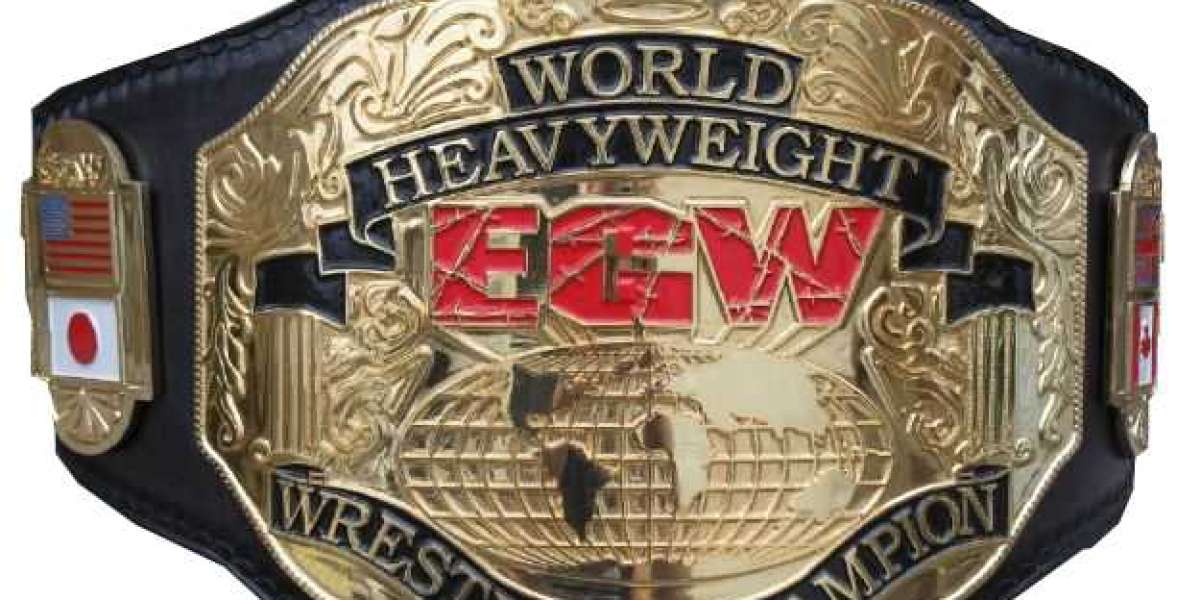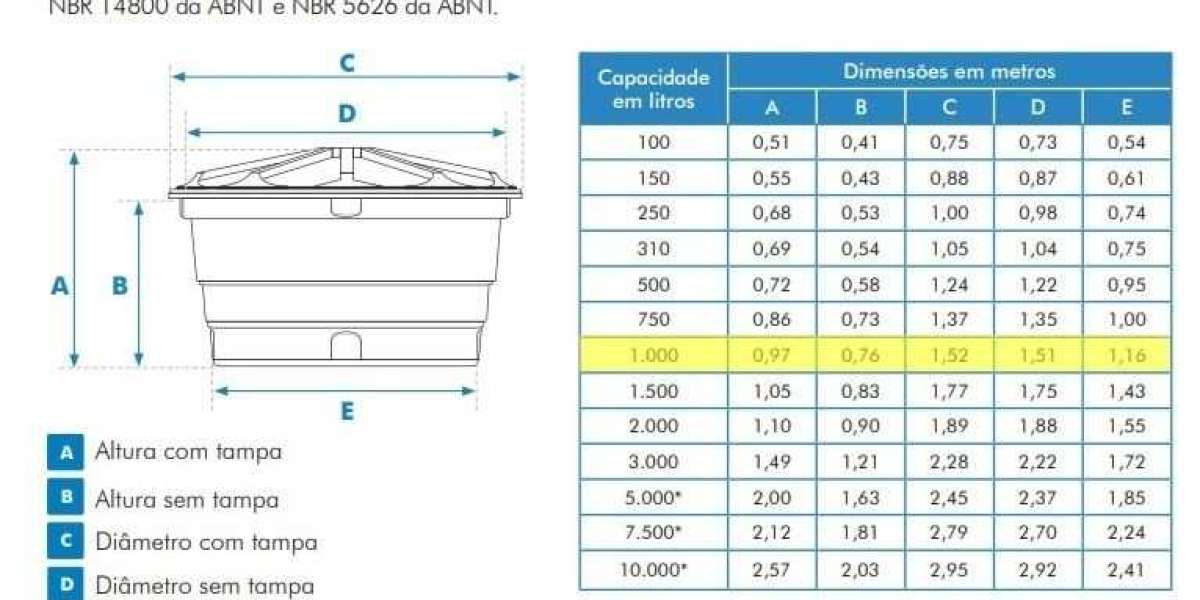The ECW World Heavyweight Championship was the top title in Extreme Championship Wrestling (ECW), a professional wrestling promotion known for its hardcore, gritty style and rebellious nature. The championship is revered by fans for its association with some of the most iconic and extreme matches in wrestling history. Here’s a closer look at the ECW World Heavyweight Championship and its legacy.
- History and Origins
The ECW World Heavyweight Championship was introduced in 1992 when ECW was known as Eastern Championship Wrestling, a regional promotion in Philadelphia. Initially, the title was part of the National Wrestling Alliance (NWA), but in 1994, ECW left the NWA and rebranded as Extreme Championship Wrestling under the leadership of Paul Heyman. This departure signaled a new era for the company, and the ECW World Heavyweight Championship became the symbol of its unique brand of extreme wrestling.
- Hardcore Style
ECW became synonymous with hardcore wrestling, often featuring brutal matches involving weapons, steel chairs, tables, and barbed wire. The ECW World Heavyweight Championship was often defended in no-holds-barred contests that pushed the boundaries of traditional wrestling, appealing to fans who sought a more intense and raw product compared to the mainstream promotions at the time.
- Notable Champions
Over the years, many legendary wrestlers held the ECW World Heavyweight Championship, cementing their status in the industry. Some of the most iconic champions include:
- Terry Funk: A hardcore legend, Funk’s reign as ECW Champion in 1997 helped legitimize ECW on a national level. His brutal matches with Sabu and others are etched in wrestling history.
- Raven: Known for his dark persona and mind games, Raven’s feuds with Tommy Dreamer and The Sandman over the ECW title are some of the most memorable rivalries in wrestling.
- The Sandman: A five-time ECW Champion, The Sandman was known for his wild brawls, use of kendo sticks, and beer-swilling entrance, embodying the rebellious spirit of ECW.
- Taz: A dominant force in ECW, Taz held the title multiple times and was known for his suplex-heavy, submission-based style. His "FTW" persona was hugely popular among fans.
- Tommy Dreamer: The heart and soul of ECW, Dreamer’s loyalty to the company and his never-quit attitude made him one of the most beloved champions in ECW history.
- Rob Van Dam (RVD): Though he didn't win the ECW World Heavyweight title during ECW's original run, RVD's reign during the WWE's ECW revival helped bridge the gap between the original ECW and its mainstream successor.
- Defining Moments
The ECW World Heavyweight Championship was often at the center of some of the most iconic and controversial moments in wrestling:
- Shane Douglas Declares the Birth of Extreme: In 1994, Shane Douglas won the NWA World Heavyweight Championship but famously threw down the title, declaring the birth of ECW as Extreme Championship Wrestling. This moment marked the end of ECW’s ties with the NWA and the beginning of its hardcore legacy.
- Barely Legal 1997: ECW’s first-ever pay-per-view, Barely Legal, featured Terry Funk winning the ECW World Heavyweight Championship in a match that solidified ECW’s ability to compete on a national level.
- Taz vs. Sabu Feud: One of the most intense rivalries in ECW history, Taz and Sabu’s battles over the ECW World Heavyweight Championship captivated fans with their blend of technical wrestling and hardcore brutality.
- WWE and the Revival of ECW
After ECW went bankrupt in 2001, the WWE acquired its assets, including the ECW World Heavyweight Championship. In 2006, WWE revived ECW as a third brand alongside Raw and SmackDown, and the ECW World Heavyweight Championship was brought back. However, the WWE version of ECW was heavily sanitized compared to the original, and while the title was defended by stars like Big Show, Bobby Lashley, and CM Punk, the hardcore spirit of the original ECW was largely absent.
- Legacy and Impact
Despite the eventual closure of ECW, the ECW World Heavyweight Championship left a lasting impact on the wrestling industry. ECW’s influence can still be seen today in various promotions, particularly in the hardcore and extreme wrestling styles that continue to thrive. The championship itself is regarded as a symbol of rebellion, innovation, and the spirit of underdog wrestlers who pushed the limits of what professional wrestling could be.
The ECW World Heavyweight Championship remains a beloved title among wrestling fans, remembered for its association with some of the most extreme and memorable moments in wrestling history.



